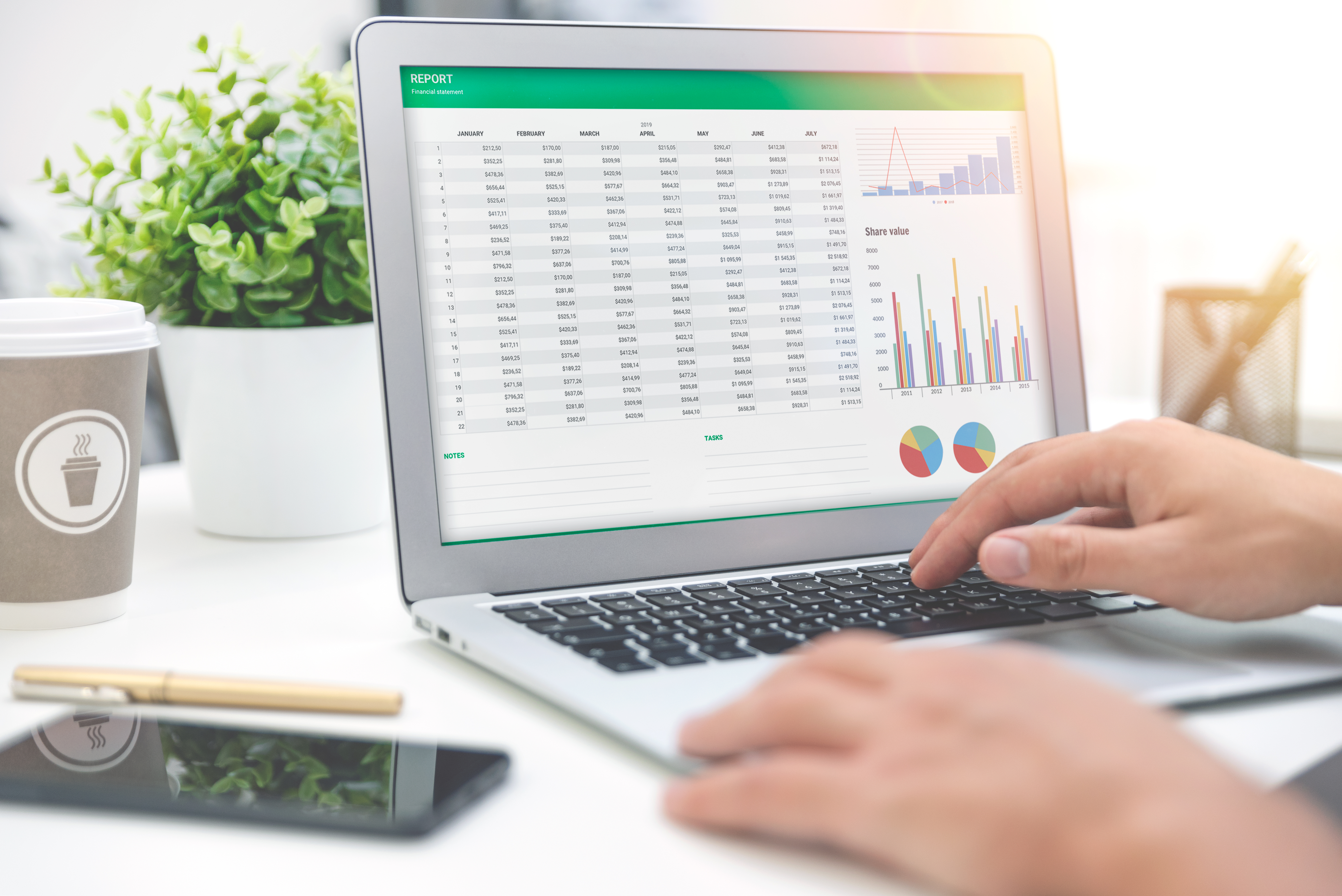We've refreshed this article with the latest information about net metering benefits. You can find the latest version here.
Your new solar panel system is up and running, but your meter is running backward. Don’t worry, this is good news.
When your solar panels produce more power than you consume, the surplus can flow back to the utility grid. When that happens, the electric company will pay you for the electricity you generate. This process, called net metering, is one of the ways in which your solar system can provide a rapid return on your investment.
Today, 45 states and territories in the United States have mandatory net metering policies. If you live in one of these places, your utility has to compensate you for the electricity you export to the grid.
Every state’s rules are different, but you can check here for an overview from Solar Reviews.
Get credit from your utility company
According to the Solar Energy Industries Association (SEIA), net metering is a billing mechanism that credits solar energy system owners for the electricity they add to the grid. When your photovoltaic (PV) system generates more electricity than you consume, your meter will run backward and you’ll receive a credit for your surplus. With net metering, the utility only bills you for the amount of electricity you use in excess of what your solar system produces. That means you are only billed for your "net" energy consumption.
Numerous studies have been done to quantify the benefit you receive from net metering. The actual dollar amount you save will depend on the size of your solar system, on how much electricity your system produces, and on how much electricity you consume. Moreover, notes Solar Reviews, “having a net-metered solar system is the best way for you to take advantage of renewable energy while saving thousands of dollars over the lifetime of the system.”
One myth about net metering is that it reduces revenue for utility companies. But, as the SEIA report notes, net metering helps smooth the demand curve for electricity. That actually helps utilities to manage peak loads and to operate more efficiently.
Moreover, PV systems supported by net metering help to shift the production of electricity closer to the point of consumption. That reduces strain on distribution systems, and also decreases the amount of electricity lost in the transmission process.
Net metering reduces your payback period
According to Solar Reviews, net metering reduces payback periods for rooftop solar systems to, on average, between four and nine years. The savings depends, in part, on where you live, how much your solar system cost, and what your electricity rates are. Every state has different regulations. In some states, for example, utilities credit you for the full retail value of the power your rooftop PV system generates. In other states, the amount you receive for sending surplus power to the grid is lower than the retail rate.
A 5.7-kilowatt system in New Jersey, for example, might produce $1,413 worth of electricity annually. Based on an initial cost of $11,683, after a 26% federal tax credit (the established rate for 2020), your solar system would generate the equivalent of your investment in about 8.3 years. Of course, other tax incentives and rebates can reduce your payback time frame even more.
A stepping stone to battery storage
When it comes to benefiting from surplus electricity produced by your rooftop PV system, net metering is a good starting point. In addition to net metering, battery storage provides a way for you to store electricity in a home battery storage system. That gives you a backup power supply that you can use when your system is not producing, such as during a blackout or at night.
Both battery storage and net metering can help you reduce your reliance on the electric company. Home battery storage will also reduce your dependence on the grid. Moreover, thanks to net metering, you can achieve a net-zero home — even if you sometimes rely on the power grid. Net-zero doesn’t mean you never use power from the electric company. It means that over the course of a year, your PV system will produce at least as much electricity as you consume.
To learn more, read our FAQ on net metering, and to explore how battery storage and solar panels can help you unlock energy efficiency, improve utility bill savings, and meet your sustainability goals, visit the Panasonic Green Living blog.






